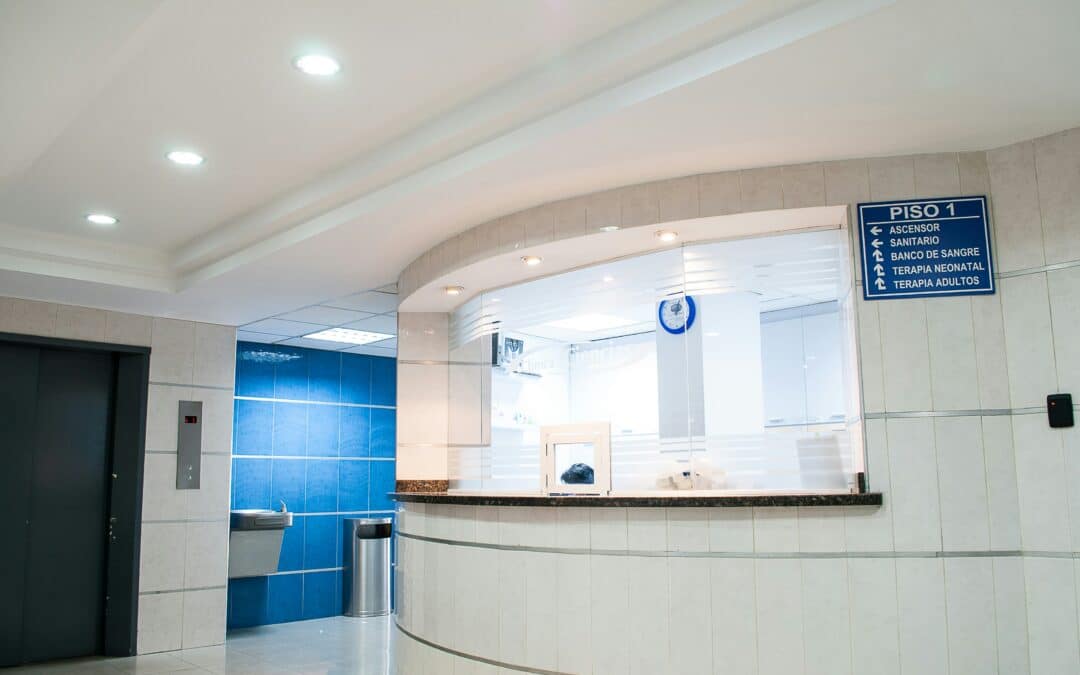When it comes to choosing an addiction treatment program, individuals are faced with going for either inpatient or outpatient treatment. The key difference between them is inpatient treatment programs require participants to stay 24/7 at the facility while outpatient ones allow them to go back home once done with the day’s treatment schedule.
There are different levels of outpatient treatment varying in intensity from partial hospitalization programs (PHPs) to intensive outpatient programs (IOPs) and traditional outpatient treatment. PHPs serve as a crucial bridge between the intensity of inpatient treatment and the independence of outpatient care.
Who Can Benefit from PHP?
PHPs are suitable for individuals who require intensive treatment for addiction but don’t need round-the-clock care in a residential setting. This may include individuals transitioning from inpatient treatment, those experiencing significant distress or impairment, or those who require structured support when dealing with co-occurring mental health disorders.
PHP Components Contributing to Lasting Sobriety
PHP programs are designed to empower individuals to achieve lasting sobriety through the following:
Comprehensive assessment and individualized treatment
Before being admitted to a PHP program, individuals undergo a thorough assessment to determine their unique needs. This helps ensure that the program provides individualized care that’s tailored to address their specific challenges and goals while targeting the root causes of addiction.
Intensive therapeutic interventions
PHPs offer a range of intensive therapeutic interventions including individual and group therapy as well as behavioral therapies such as cognitive-behavioral therapy (CBT). These approaches help participants develop coping skills and learn effective strategies for managing cravings and triggers.
Structured environment with flexibility
While PHPs provide a structured environment similar to inpatient treatment, participants have the flexibility to return home outside of program hours. This balance allows individuals to maintain their daily responsibilities including work and family obligations, while still keeping up with treatment.
Peer support and community connection
PHPs offer opportunities for peer support and community connection, providing participants with a sense of belonging and understanding. Individuals can gain valuable insight, encouragement, and accountability by engaging with peers who share similar experiences. This fosters a supportive environment that’s conducive to long-term recovery.
A holistic approach to wellness
PHPs take a holistic approach to wellness, addressing not only the physical aspects of addiction but also the emotional, psychological, and social components. Wellness activities such as yoga, mindfulness meditation, art therapy, and recreational outings promote relaxation, stress reduction, and self-expression, supporting overall well-being and resilience in recovery.
Addiction Treatment at Your Convenience
At Impact Outpatient Program, we specialize in making treatment convenient and flexible for those who need it. Our rehab facility in Louisville, Kentucky offers both intensive outpatient treatment and traditional outpatient care for all our clients. We also have telemedicine sessions for participants who want to keep up with treatment virtually along with a simplified admissions process that makes it easy to get started with treatment. Get in touch with us today and we’ll help you rebuild a happier, more fulfilling life.

